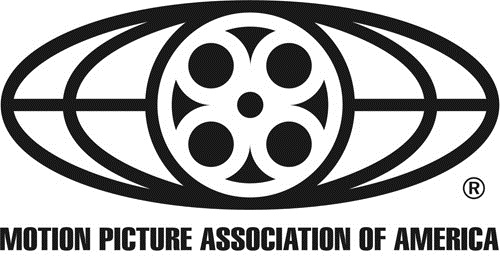Even the MPAA is Shying Away From DNS Filtering, Saying It’s “Off the Table”

Perhaps the most egregious and offensive provision of SOPA and PIPA was the one that called for DNS filtering and blocking. Of course, considering it is the same method of censorship used by governments such as China, you might expect that the proposal of its use would be a little unpopular. Recently, supporters of the method have been falling one by one. SOPA author Lamar Smith agreed to drop the DNS blocking provision just as the White House came out against it. In light of all that, the MPAA — poster child for aggressive copyright defense — has backed down too.
“DNS filtering is really off the table,” said the MPAA’s tech policy chief, Paul Brigner. Make what you will of his inclination to slide the word “really” in there.
With even the MPAA backing off, the DNS blocking seems like it might actually be off the table for a while, at least if it’s eliminated from all currently pending legislation. DNS blocking provisions are still present in PIPA — scheduled to go up for a vote on January 24th — although those provisions are lightly mitigated by a promise to test the blocking beforehand.
There are three main reasons that DNS blocking is so awful for everyone involved. First of all, it’s censorship, plain and simple. DNS blocking allows the government to basically dissociate a webpage’s domain name from its IP, making it difficult to access. Secondly, it actually doesn’t work that well. Sure, it makes a webpage difficult to access if you don’t know how DNS blocking works, but if you do, it’s fairly trivial to access webpages via IP, circumventing the blocks entirely.
Thirdly, and this is what the MPAA seems to be focusing on, DNS blocking could actually halt the advance of Internet technology. There’s a new version of DNS that’s been in the works for years now called DNSSEC, a technology which boasts security strength good old fashioned DNS doesn’t have. DNS blocking, it has been argued, would throw a serious wrench in the DNSSEC gears, and everyone — including the MPAA — wants DNSSEC.
The upside of all this is that the MPAA is now eschewing DNS blocking. Hooray! The downside is that they’re eschewing it for purely technical purposes, failing to address — and apparently having no problem with — the Freedom of Speech implications. Should someone find a way to make DNS blocking mesh with DNSSEC it’s almost a sure thing they’d be back on this horse. Go ahead and appreciate this small victory, but don’t for one second think it’s indicative of any serious change of heart. Just be glad that all our best interests line up, for the moment at least.
(via Ars Technica)
- SOPA’s DNS blocking dropped
- The dangers of the still-living PIPA
- Lamar Smith’s personal adventures with copyright infringement
Have a tip we should know? [email protected]
